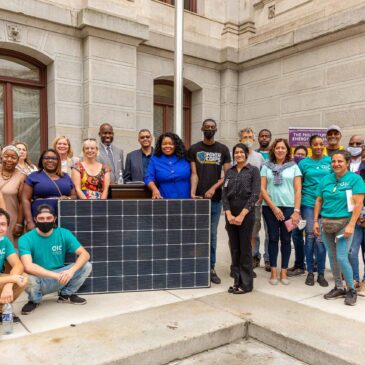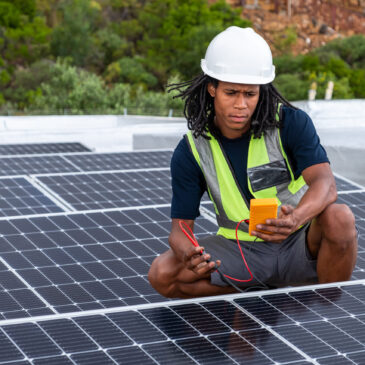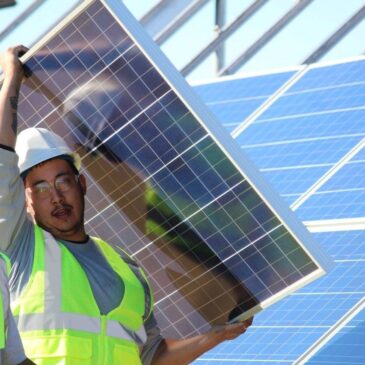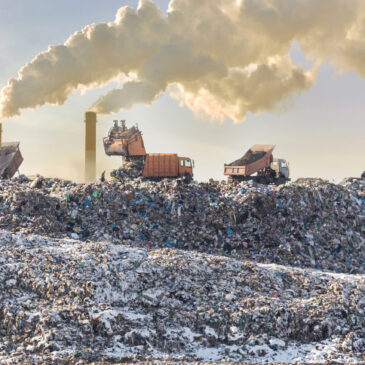Report: How Local Ownership of Clean Energy Boosts Benefits, Busts Barriers, and Builds Power
ILSR’s new report, Advantage Local: Why Local Energy Ownership Matters, breaks down how locally owned clean energy can maximize economic benefits for households and communities while putting power back in the hands of people.… Read More










